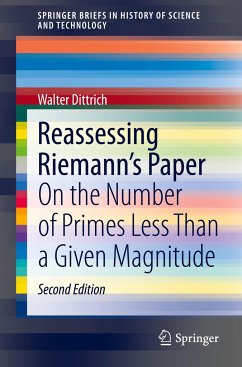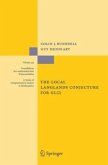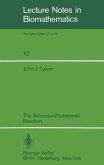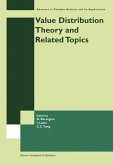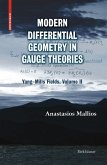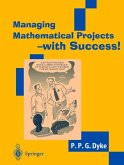In this book, the author pays tribute to Bernhard Riemann (1826-1866), a mathematician with revolutionary ideas, whose work on the theory of integration, the Fourier transform, the hypergeometric differential equation, etc. contributed immensely to mathematical physics. The text concentrates in particular on Riemann's only work on prime numbers, including ideas - new at the time - such as analytical continuation into the complex plane and the product formula for entire functions. A detailed analysis of the zeros of the Riemann zeta-function is presented. The impact of Riemann's ideas on regularizing infinite values in field theory is also emphasized.
This revised and enhanced new edition contains three new chapters, two on the application of Riemann's zeta-function regularization to obtain the partition function of a Bose (Fermi) oscillator and one on the zeta-function regularization in quantum electrodynamics. Appendix A2 has been re-written to make the calculations more transparent. A summary of Euler-Riemann formulae completes the book.
This revised and enhanced new edition contains three new chapters, two on the application of Riemann's zeta-function regularization to obtain the partition function of a Bose (Fermi) oscillator and one on the zeta-function regularization in quantum electrodynamics. Appendix A2 has been re-written to make the calculations more transparent. A summary of Euler-Riemann formulae completes the book.

